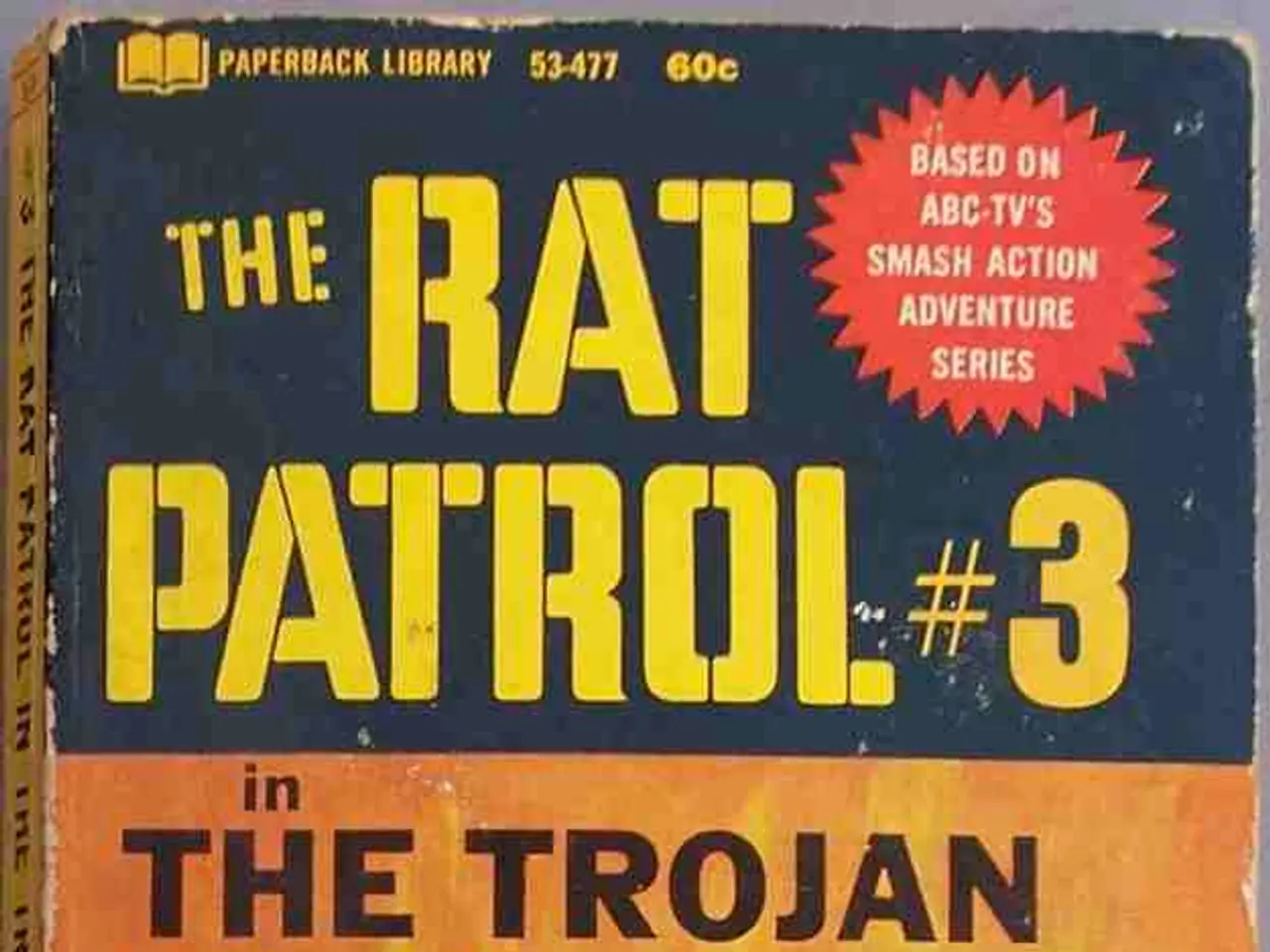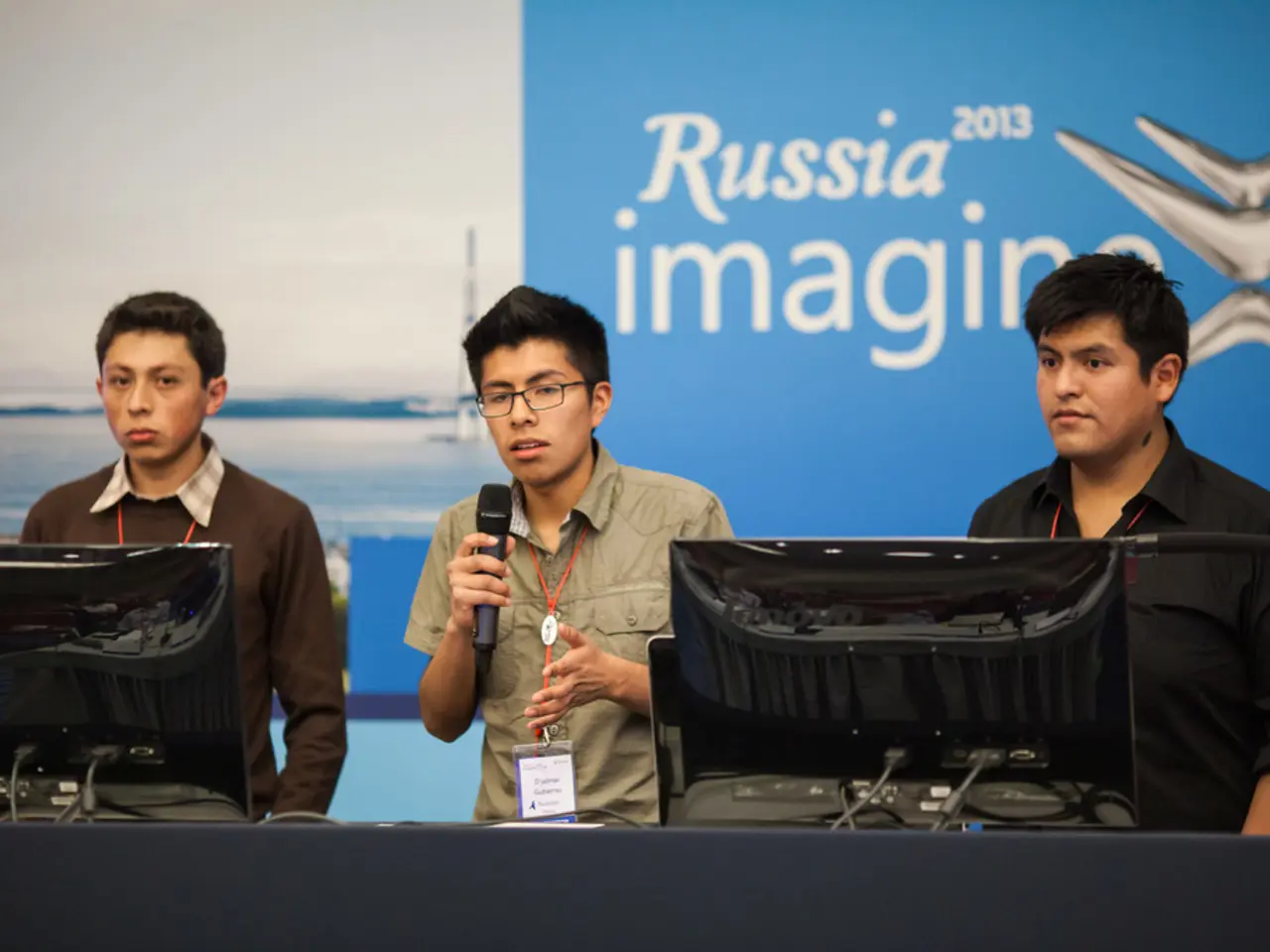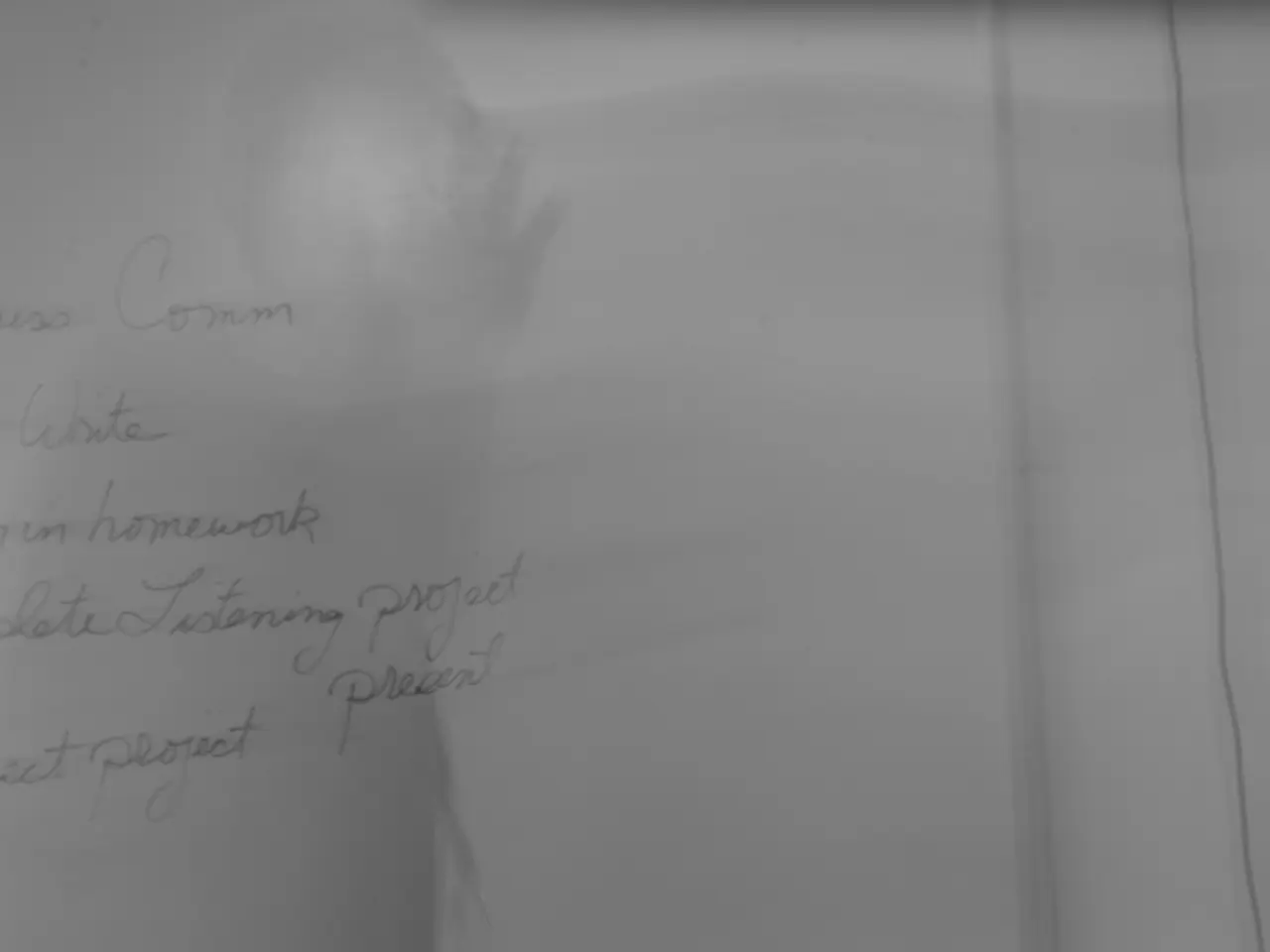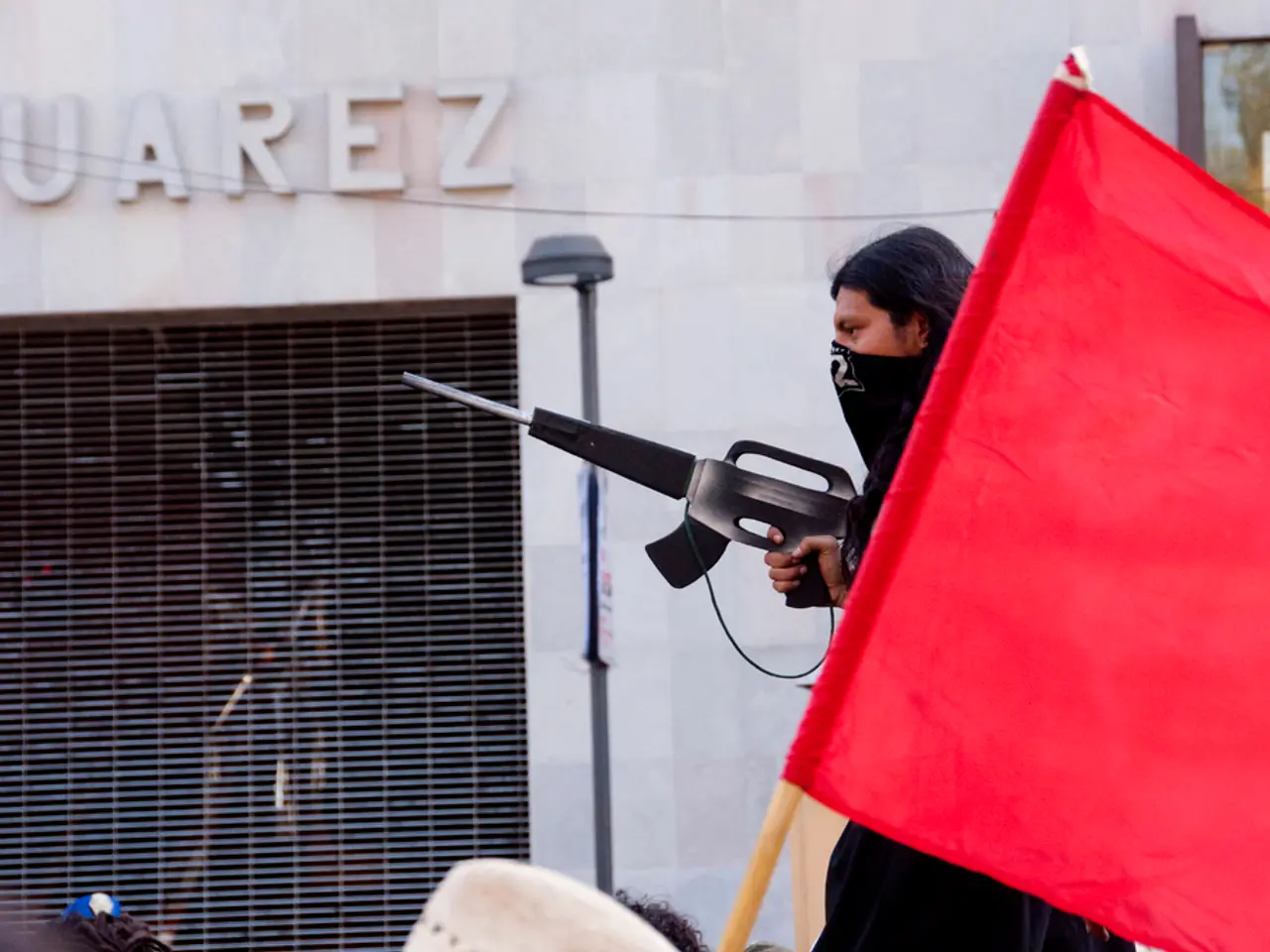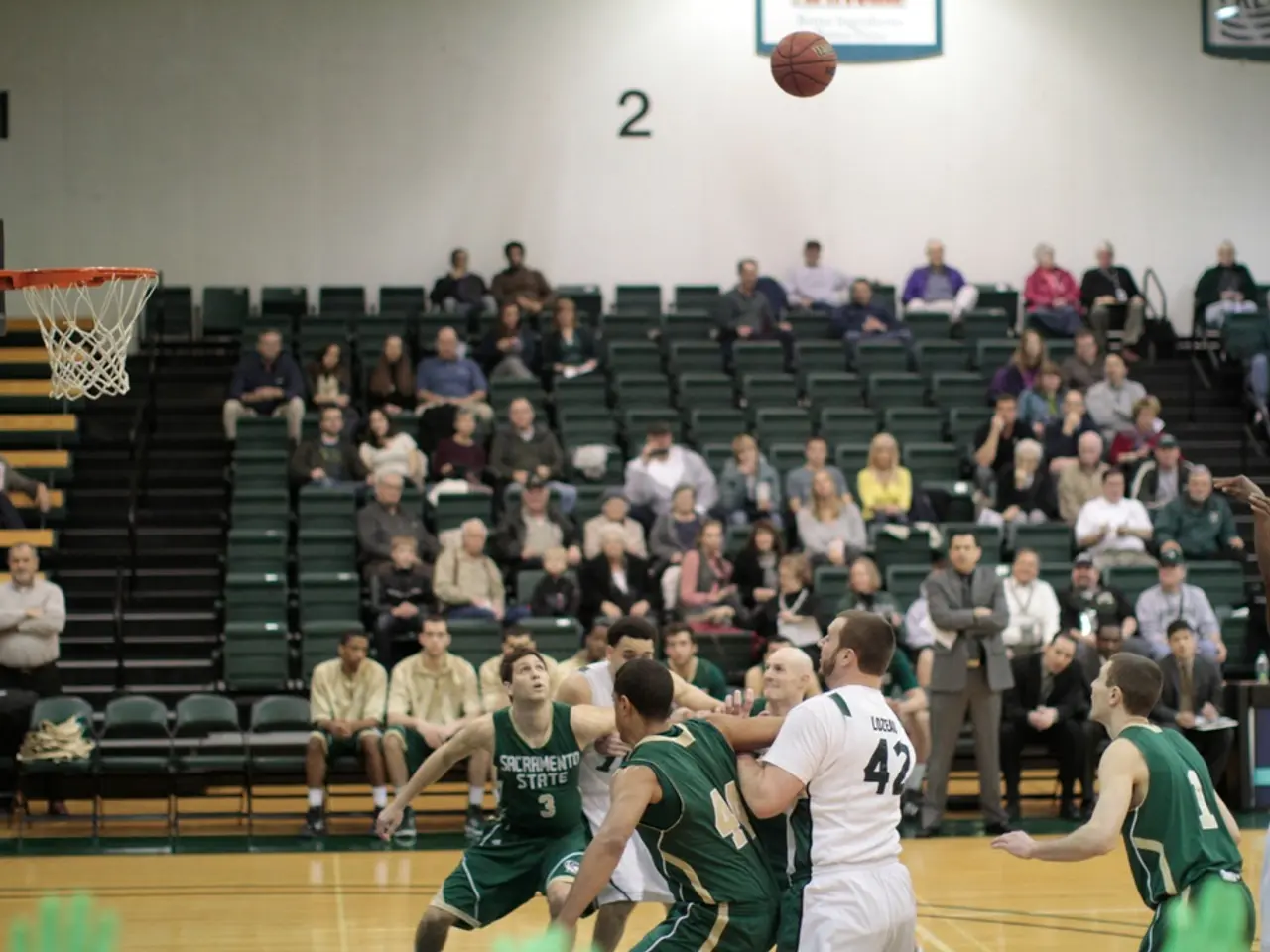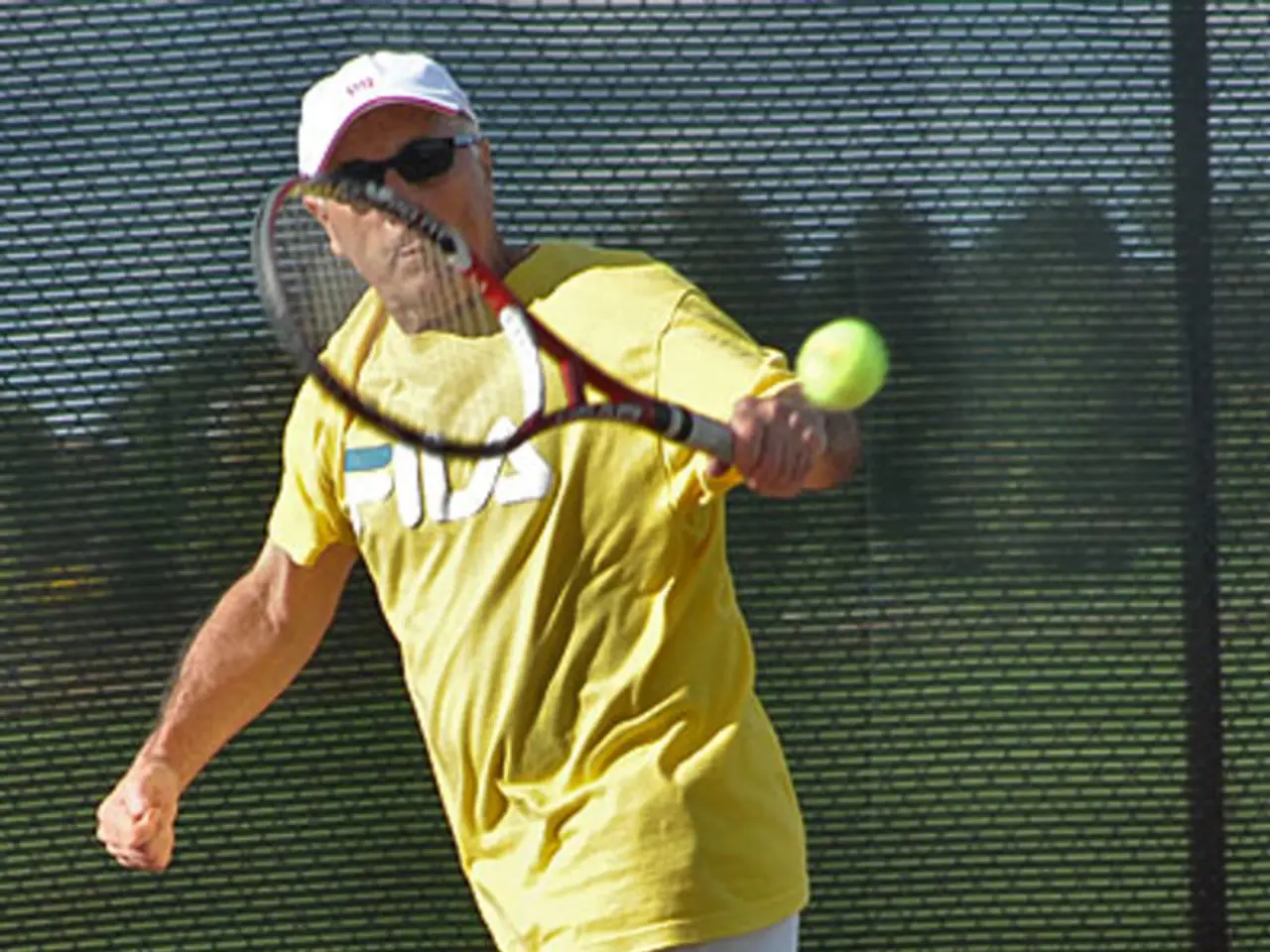Hamas authorities face growing challenges from factions arising within Gaza City
Israel's approach to the Gaza Strip has seen a shift, with the country reportedly arming and supporting local anti-Hamas militias and clans as part of a broader hybrid warfare strategy [1][2][4]. This move is aimed at undermining Hamas's control and preparing for a post-war political landscape. Groups like the "Popular Forces" militia led by former Daesh commander Yasser Abu Shabab in Rafah, the Khalas clan in Gaza City's Shejaiya neighborhood, and a faction led by Yasser Khanidak in Khan Yunis, are among those being backed [1].
This hybrid model, reminiscent of Iran's approach to paramilitary proxies, seeks to exploit Gaza's internal divisions and geopolitical vulnerabilities by building local armed groups that can act against Hamas from within [1]. The Israeli government's motivation includes degrading Hamas’s conventional and governance capabilities while maintaining some degree of stability in Gaza and facilitating humanitarian aid distribution [4].
However, this strategy poses significant challenges and risks. Groups created or supported by Israel face skepticism and rejection from much of the Palestinian public, who often label them as traitors. This hampers their effectiveness and acceptance [2]. Past Israeli attempts to foster local proxies in Palestinian territories have often backfired or proved unsustainable, warning against overreliance on this method [2].
Empowering fragmented clans and militias may deepen internal conflicts and instability within Gaza, creating new fault lines and violence beyond the Israel-Hamas conflict itself [4]. While tribal militias may aid tactical goals like securing aid routes and weakening Hamas's grip temporarily, they do not provide a clear long-term political solution for who governs Gaza after Hamas, essentially delaying rather than resolving the “day after” dilemma [4].
Abu Shabab's organization operates with ease in Rafah, which is under full IDF control. Brig. Gen. (ret.) Hanan Geffen, a military analyst, interprets Abu Shabab's interview as a message indicating IDF protection for him [3]. Geffen expresses concerns about the past negative experiences with setting up groups under Israeli auspices and suggests that a massive reconstruction effort in Gaza could empower new groups by giving control over local construction companies, labor recruitment, and security for building sites to clan leaders [3]. Geffen also suggests that there may be other groups being supported by Israel in a covert manner.
Jibril Rajoub, a high-ranking Palestinian official, has accused Israel of establishing and arming militias for the post-war scenario in Gaza [5]. Rajoub has stated that any ceasefire without a unified Palestinian leadership would lead to civil war. Yaakov Lappin, an Israel-based military affairs correspondent and analyst, is the author of "Virtual Caliphate: Exposing the Islamist State on the Internet" [6].
This effort to cultivate local alternatives to Hamas could be backed and financed by moderate Gulf states [7]. However, Israel's policy of arming and supporting local militias in Gaza is viewed as a path forward by some, but as a scenario of exclusion for the Palestinian Authority by others [7]. Hamas has issued an ultimatum to Yasser Abu Shabab, ordering him to surrender and face trial for treason [8].
In summary, Israel's current approach of arming local militias inside Gaza aims to weaken Hamas and facilitate future control, but it is fraught with significant political, social, and security risks. It may help in the near term tactically but carries considerable uncertainty regarding Gaza's long-term governance and stability.
- The hybrid warfare strategy employed by Israel, which includes arming and supporting local anti-Hamas militias and clans, is closely linked to politics and general news as it seeks to influence the post-war political landscape of the Gaza Strip by undermining Hamas's control.
- The empowerment of fragmented clans and militias in Gaza by Israel, a move reminiscent of Iran's approach to paramilitary proxies, falls under the categories of war and conflicts, politics, and general news due to the resulting internal conflicts, instability, and potential deepening of division within the region.
